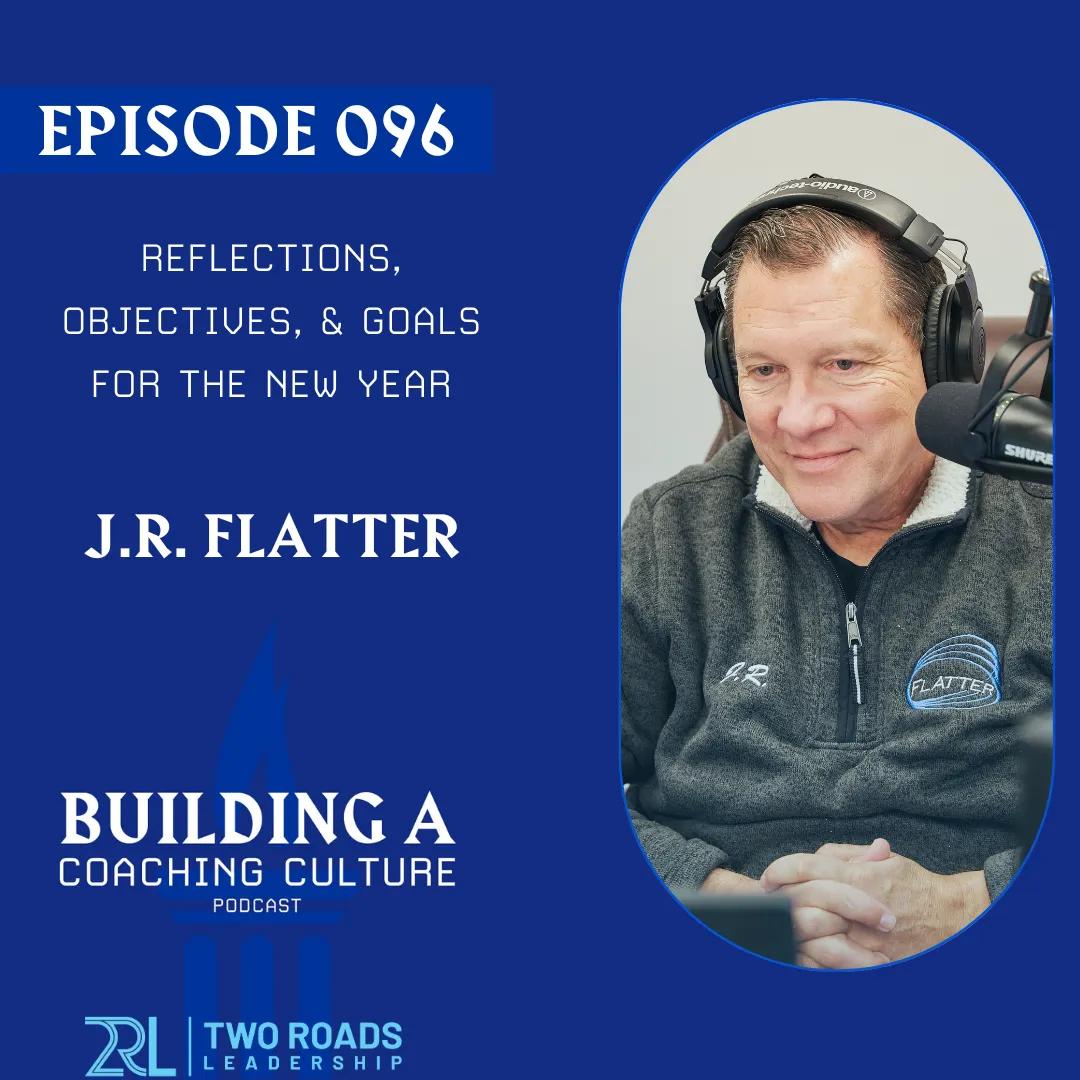In this episode, hosts J.R. Flatter and Lucas Flatter have an insightful discussion around reflect and plan for the new year ahead. J.R. and Lucas talk through what each pillar means, how to evaluate where you're at, and ways to improve and demonstrate them. Whether you're a leader trying to build a coaching culture or simply better yourself, this episode offers great perspective to start the new year focused and purposeful.
Key topics covered include:
- The Importance of Self-Reflection and Courage in Growth
- What Are the Four Pillars of Leadership and Principles?
- What Is the Alignment in Leadership and Life?
- The Importance of Journaling for Clarity and Progress
- How to Communicate Your Vision and Demonstrate It Through Actions
Building a Coaching Culture is presented by Two Roads Leadership
Produced, edited, and published by Make More Media
Episode Links
J.R. Flatter
Founder of Two Roads Leadership
Lucas Flatter
Resources
2RL 4 day Coach Certification Bootcamp
2RL ICF-Approved Coach Certifications and Trainings
Transcript
Automatic Transcription - please excuse any errors

